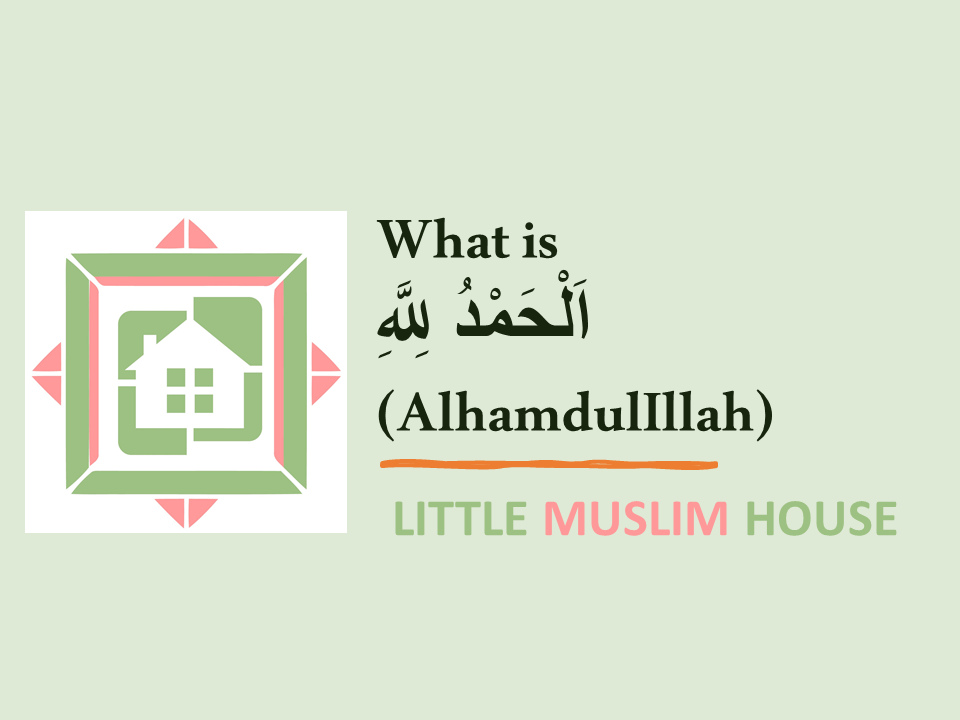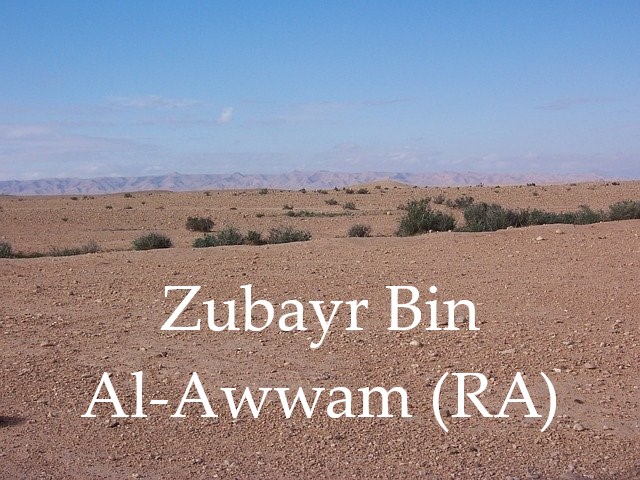Good and bad omens have perhaps existed as long as the existence of man. While some objects, animals, sounds, or occurrences are perceived to augur good fortune, some others are interpreted as signs indicating misfortune and failure in whatever task an individual is hoping to undertake. Omens vary from culture to culture. In the pre-Islamic Arabian culture, birds were the prime symbol of good and bad omens. This practice was rooted deep in the Arabs such that the term for all bad omens— Tiyarah, was derived from the Arabic word “Tair”, which means birds. Narrations reveal that in the pre-Islamic era, Arabians sought birds to determine the success of a particular undertaking. If an Arab witnessed a bird flying to his right, the ensuing journey or task was deemed to bring success and hence, the individual continued with his undertaking. However, if the bird flew to his left, the undertaking was deemed to result in failure, and thus was abandoned.
What is Islam’s view on good omens?
Abu Huraira reported:
I heard Allah’s Messenger (PBUH) as saying: There is no divination but the best type is the good omen. It was said to Allah’s Messenger (PBUH): What is good omen? Thereupon he said: A good word which one of you hears. [Muslim]
A good omen, also known as fa’l in Arabic (or tafaul), is a sign in the form of a positive word or a phenomenon of nature that brings a sense of optimism, hopefulness, and fills one’s heart with good expectations of Allah. Having good expectations of Allah is a fundamental attribute that Islam highly encourages—and with it comes optimism. The Prophet (PBUH) was always optimistic and ensured to seek the best interpretation in every word and situation.
Perhaps the best instance that illuminates Prophet Muhammad’s (PBUH) occasional tendency to interpret signs as portending a good omen is an incident that occurred during the treaty of Hudaybiyah. It is reported that, when the Prophet (PBUH) and his companions awaited a representative from the polytheists, they were met with a man named Suhail Ibn ‘Amr. When the Prophet heard the name “Suhail”, he interpreted it as a good omen and turned to his companions saying: “Allah made easy (sahula) your affairs for you.” This is because the name Suhail is derived from the Arabic term for “to make easy”.
Another such instance is related to the birth of Abdullah Bin Zubayr (RA). He was the son of Zubayr Ibn Al-Awwam (RA) and Asma Bint Abi Bakr (RA). He is considered to be the first child born in Islam because he was the first child to be born after Hijrah in the newly formed Islamic establishment of Medina. The Muslims (Sahaba – RA) at the time took his birth as a good sign from Allah with the expectation of good things to come in the future.
It is important to note that good omens are not positive signs by birds, sounds or inanimate objects. Instead, good omens in Islam represent a good word or news or peaceful sceneries and surroundings that ignite a sense of positivity and hopefulness. Another requirement of tafaul in Islam is that the good news or sign be tied to Allah i.e. the believer believes that this is a sign from Allah that good is to come.
What is Islam’s view on bad omens?
Narrated ‘Abdullah bin Mas’ud: That the Messenger of Allah (PBUH) said: “At-Tiyarah (bad omen) is from Shirk, and none among us (it influences) except that Allah will remove it with Tawakkul (reliance).” [At-Tirmidhi]
While good omens are viewed in positive light in Islam, belief in bad omens are strongly discouraged. The Holy Prophet (PBUH) shunned the belief in bad omens and regarded it as a form of shirk. Believing in bad omens (such as black cats, walking under ladders, the number 13 etc…) opposes the concept that Allah solely has the knowledge of our future and also makes our trust in Allah questionable. On the other hand, belief in evil omens pose a psychological threat. Preoccupation with a sign that one considers evil may have a considerable negative impact on a person, leading him to abandon all hope in himself and shake the foundation of his belief the power of Allah. The best way to dispel such thoughts is by abandoning them completely from one’s mind and avoid acting on such thoughts at all costs.
Nonetheless, it is after all human nature to immediately experience negative thoughts and emotions once one witnesses a sign that culture or society deems a bad omen. In such occasions, a Muslim should make certain that he does not entertain such thoughts beyond their immediate reaction. As the hadeeth above suggests, if a person dispels such thoughts, and replaces them with complete trust in Allah (Tawakkul), he should continue with his undertaking on a positive note, as Allah will take care of all his affairs—and Allah is certainly the All-Knowing and Most-Powerful.
Narrated Abu Huraira: Allah’s Messenger (PBUH) said, “(There is) no ‘Adwa (no contagious disease is conveyed without Allah’s permission). nor is there any bad omen (from birds), nor is there any Hamah, nor is there any bad omen in the month of Safar, and one should run away from the leper as one runs away from a lion.” [Sahih Al-Bukhari]
One may ponder as to why Islam permits belief in good omens, but condemns bad omens. Do opposites not coexist? The fact is that omens do not bring about a natural effect on their own. Rather they possess a strong psychological basis. Good omens like a positive word (not objects, sounds or occurrences) makes one hopeful and optimistic, whereas bad omens induce fear and hopelessness in man. As Islam is a religion that encourages its followers to always look on the positive side of anything, it naturally dispels bad omens. That being said, good omens are similar to good dreams – good dreams & true dreams are to be taken as good news from Allah, whereas bad dreams are lies and are from Satan.
Therefore, just as the practice of our Prophet (PBUH) let us make it a habit to maintain optimism in our day-to-day life, InShaa’Allah.





